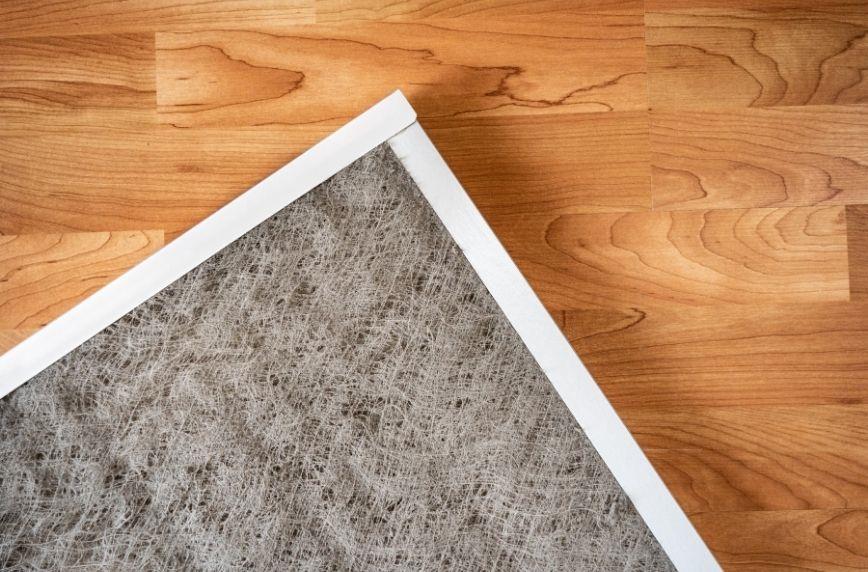Winter has a way of negatively affecting the outdoor air quality, especially in colder climates. The dense nature of cold air causes it to trap pollution, making air pollution far worse at colder times of the year. Although the air outside your home may be beyond your control, you can improve the air quality inside your home to keep your family breathing healthily this winter.
Use Low-VOC Paints
Most people are aware that painting should always be done in a well-ventilated room, but not everyone knows why. Paints—specifically oil-based paints—contain harsh, carcinogenic chemicals such as formaldehyde, ethyl acetate, and benzene. These chemicals give off volatile organic compounds, or VOCs, which cause dizziness, watery eyes, and a sore throat, even days after the painting is done. Fortunately, many water-based paints contain low or no VOCs, allowing you to add color to your space without hurting your air quality.
Change Up Your Flooring
Paint isn’t the only common household item made with harsh chemicals. Carpeting can also put VOCs in the air, especially when it’s first installed. It also has small fibers that have a way of trapping dust and other allergens. Because of that, many homeowners have begun opting for flooring options that are easier to clean and less harsh on the environment, such as tile, bamboo, laminate, or wood.
Take Care of Mold
Mold can hide all over your house—in dark cupboards under the sink, high corners in your bathroom, and all the nooks and crannies throughout your basement. Although a small amount of mold isn’t detrimental, once mold accumulates, it can degrade air quality, exacerbating breathing issues and allergies in the process. If you find that your allergies are acting up all of a sudden and you know you have mold, going through a mold remediation process should clear up the issue.
Change Filters
People don’t change the air filters in their homes as often as they should. Filters can last as long as six months, but for better air quality, it’s recommended that homeowners change their filters every three months. This will keep filters from becoming clogged. It’s also important to be sure you select the correct size. If you place a filter that’s too small into the system, air will move around the filter and into your home.
You can’t always control the air quality outside, but you can learn how to improve the indoor air quality inside your home. You’ll not only keep your family safe but also do your part to make the air around you a little safer.
Are You a Professional?
Requests for your services are coming in left and right. Let’s connect and grow your business, together.


